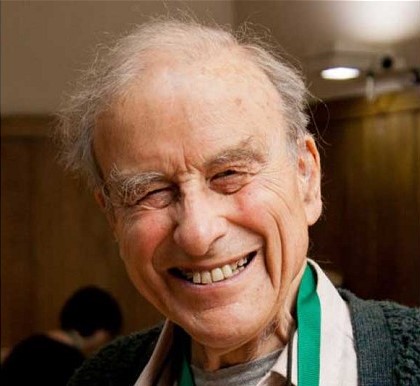

Harry Stopes-Roe was one of the most tireless and dedicated humanist campaigners of the 20th century. Son of the influential women’s rights activist Marie Stopes and businessman Humphrey Verdon Roe, Harry received something of a restricted upbringing. His mother in particular was as brusque and domineering a parent as she was a campaigner. Harry was not allowed to read, or cycle, or even have a free choice of friendships. Despite this, Harry often spoke warmly of his mother and grew up to be an infectiously charming, kind, and intelligent man.
Stopes-Roe studied at Imperial College, London, with his decision to study physics sparing him from being drafted into the military to fight in the Second World War. After obtaining both a B.A. and M.A. in physics, he went on to gain a PhD in philosophy at the University of Cambridge. This joint interest in science and philosophy would define his career, and he was a man fascinated with finding a rational, empirical and human-centred approach to knowledge and to ethics. He took a job at the University of Birmingham lecturing in Science Studies, an interdisciplinary topic which fused physics with philosophy and sought to place scientific advances and expertise within a wider philosophical and societal context. It was during this work that Stopes-Roe’s quest for a satisfactory basis for morality led him away from God and towards humanism.
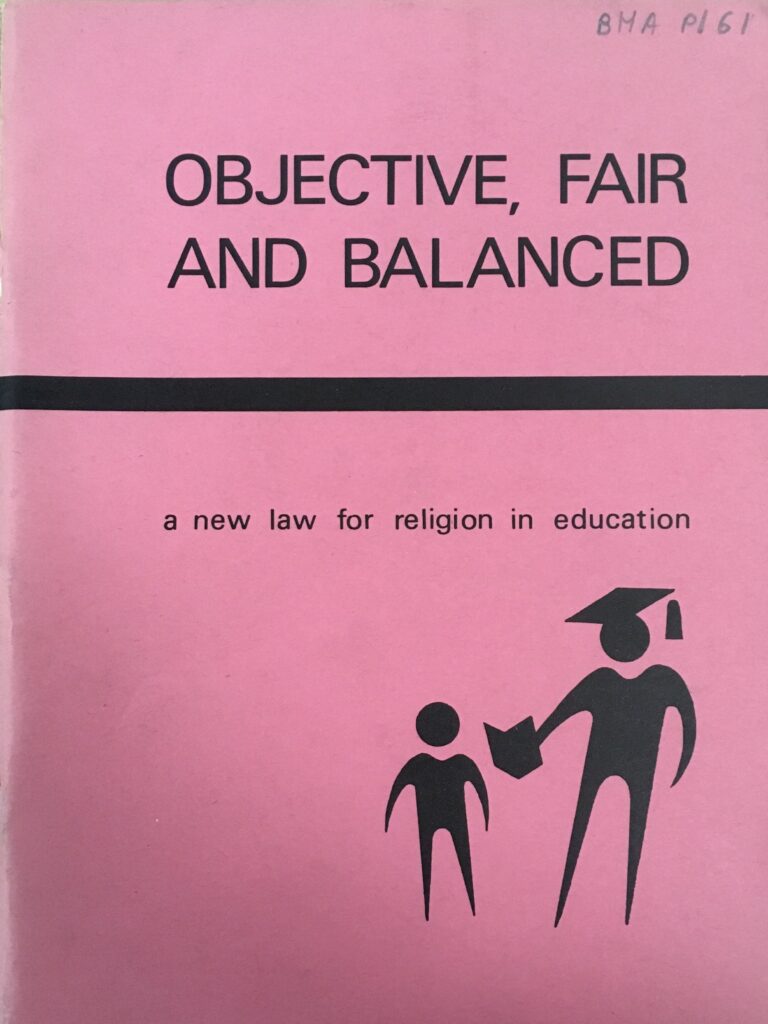
Stopes-Roe found in humanism a persuasive, thorough and meaningful philosophy, and he devoted much of the rest of his life to the propagation and articulation of humanist ideals, as well as contributing greatly to the formation of humanist policy. During the 1970s, he was instrumental in the development of the British Humanist Association’s (now Humanists UK) education policy, which called for ‘objective, fair and balanced’ education of all ‘life-stances’, a term he himself popularised, and which helped establish a clear identity for humanism. He was also a pioneer of modern humanist ceremonies. He drew up comprehensive guidelines for humanist celebrants and himself conducted many humanist funeral ceremonies, at a time when such services were still nascent and even controversial. He would go on to serve as Chair of the British Humanist Association (now Humanists UK), and was appointed a Vice President in 1994, a role he held for twenty years until his death in 2014.
Stopes-Roe also left his mark on the international humanist scene. He was heavily involved with the International Humanist and Ethical Union (now Humanists International) and was determined that the various national humanist associations across the world should work closely together. Perhaps the greatest achievement from his work with the IHEU was the formulation of the ‘Minimum Statement’, a short statement which succinctly set out the fundamentals of Humanism and to which all national humanist organisations were to sign up. It allowed the global humanist movement to unite under one flag and speak with one voice on the major international issues.
Harry Stopes-Roe was, in many ways, the embodiment of a fully flourished humanist life. He contributed so much to the humanist movement, both domestically and internationally, and was motivated by a desire to help the least fortunate, to protect everybody’s human rights and to ensure that all can live a free, happy, prosperous life no matter their beliefs or identity. He is very warmly remembered by all involved with Humanists UK, and as Chief Executive Andrew Copson said after Stopes-Roe’s death, ‘We will miss him but are all profoundly grateful for having known him’.
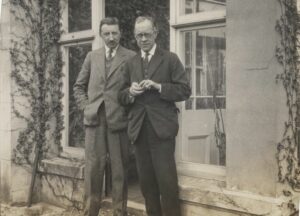
I have never believed in any formal religion, but I have experienced an emotion that seemed to me religious. In […]
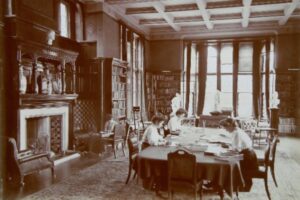
The Universities Tests Act, which ended religious discrimination in admissions and employment at the universities of Oxford, Cambridge, and Durham […]
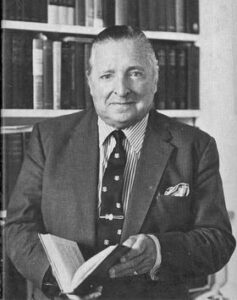
Harford Montgomery Hyde was a Belfast-born barrister, politician, author, and humanist, who championed humane legal reforms and progressive social attitudes. […]
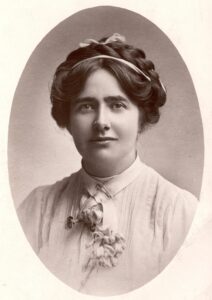
I am a feminist, a rebel, and a suffragist – a believer, therefore, in sex-equality and militant action. I desire […]